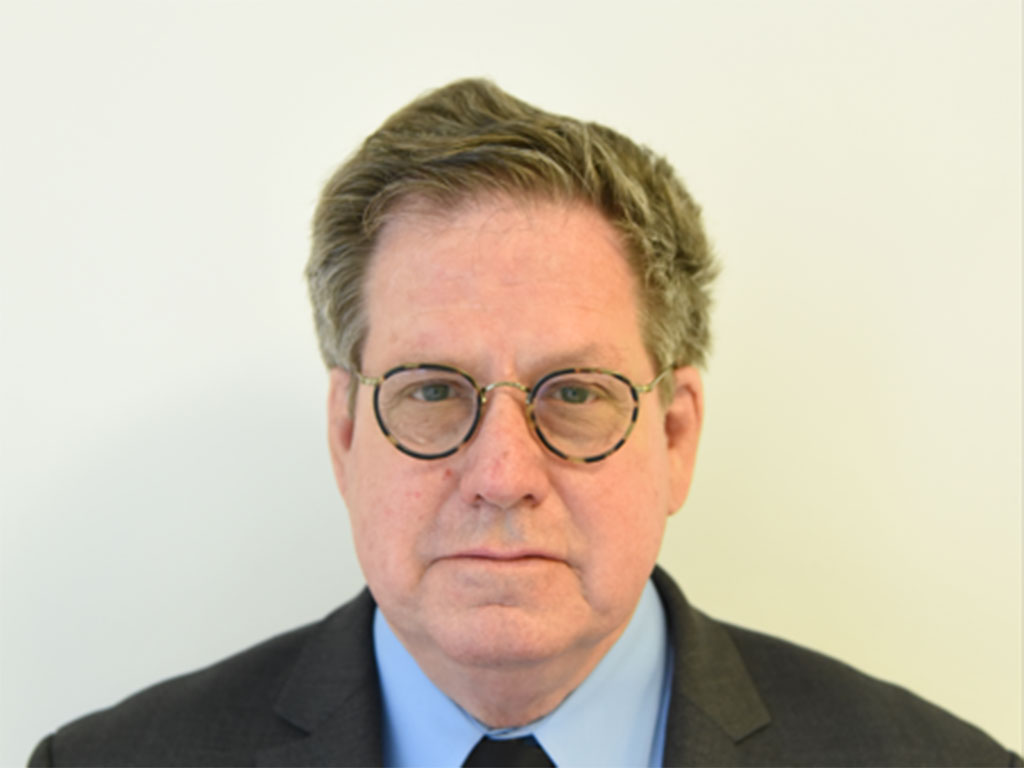Honored to be here; honored to represent global civil society and the Coalition for the International Criminal Court; honored to be with distinguished leaders, current and former foreign ministers including Lloyd Axworthy, and also ASP President Silvia Fernandez de Gurmendi, who attended the formative meeting of the Coalition, as an officer of the Sixth Committee in February 1995. And it is very good to see some key participants from the Rome treaty conference in the Trusteeship Council today.
I cannot begin without expressing my deepest concerns that 25 years after the Rome Statute adoption our world is confronted with ever greater dangers and threats from war, aggression, climate change, racism, human rights discrimination, refugees, ecological genocide, threats of nuclear catastrophe. The importance of strengthening the international humanitarian legal order, and the vital need for a stronger, more representative, more democratic and effective United Nations and United Nations system cannot be moreessential– and these dangers all underlie the importance of our commemoration of the 25th anniversary of the adoption of the Rome Statute of the ICC on July 17, 1998.
The adoption of the Rome Statute of the ICC on July 17 1998 and the rapid ratification by 100 plus nations reflects, in retrospect, the tragic closing of a golden decade of historic achievementsof the rule of law and the advancement of UN Charter goals and institutions.(The decade after the end of the “Cold War.”)
The Rome Statute process represented one of the UN’s greatest partnerships between a group of nearly 100 progressive like-minded governments from all UN regions working with a coalition of 800 global civil society organizations for an strong and independent International Criminal Court. This process is documented in the Introduction of the Rome Report of the CICC which I hope will be included in the presentations of this commemoration by the Assembly secretariat. The process included the progressive support of the European Union (EU), African Union (AU), Organization of American States (OAS), and was initiated by the Caribbean Community (Caricom) under the leadership of Trinidad and Tobago Prime Minister A.N.R. Robinson and included the support of small island nations throughout the world, and crucial leadership of the Secretary-General Kofi Annan (and Hans Corell and Roy Lee and the Office of Legal Affairs) and, crucially, the UN General Assembly. And – overcoming fierce opposition of the some of the most powerful nationsgovernments.
Going forward the Assembly must significantly advance complementarity and should consider strengthening the crime of Aggression provisions, and strengthening crimes against humanity including considering adding Ecocide, and the increasing danger of nuclear war and other humanitarian threats of horrific potential developments of generative artificial intelligence.
But today is a commemoration of the historic ability of governments and civil society to address and overcome such global challenges.
Thank you.
William R Pace, Convenor, Coalition for the ICC (CICC) 1995-2019
President, Center for Development of International Law (CDIL) cdilpace@gmail.com

